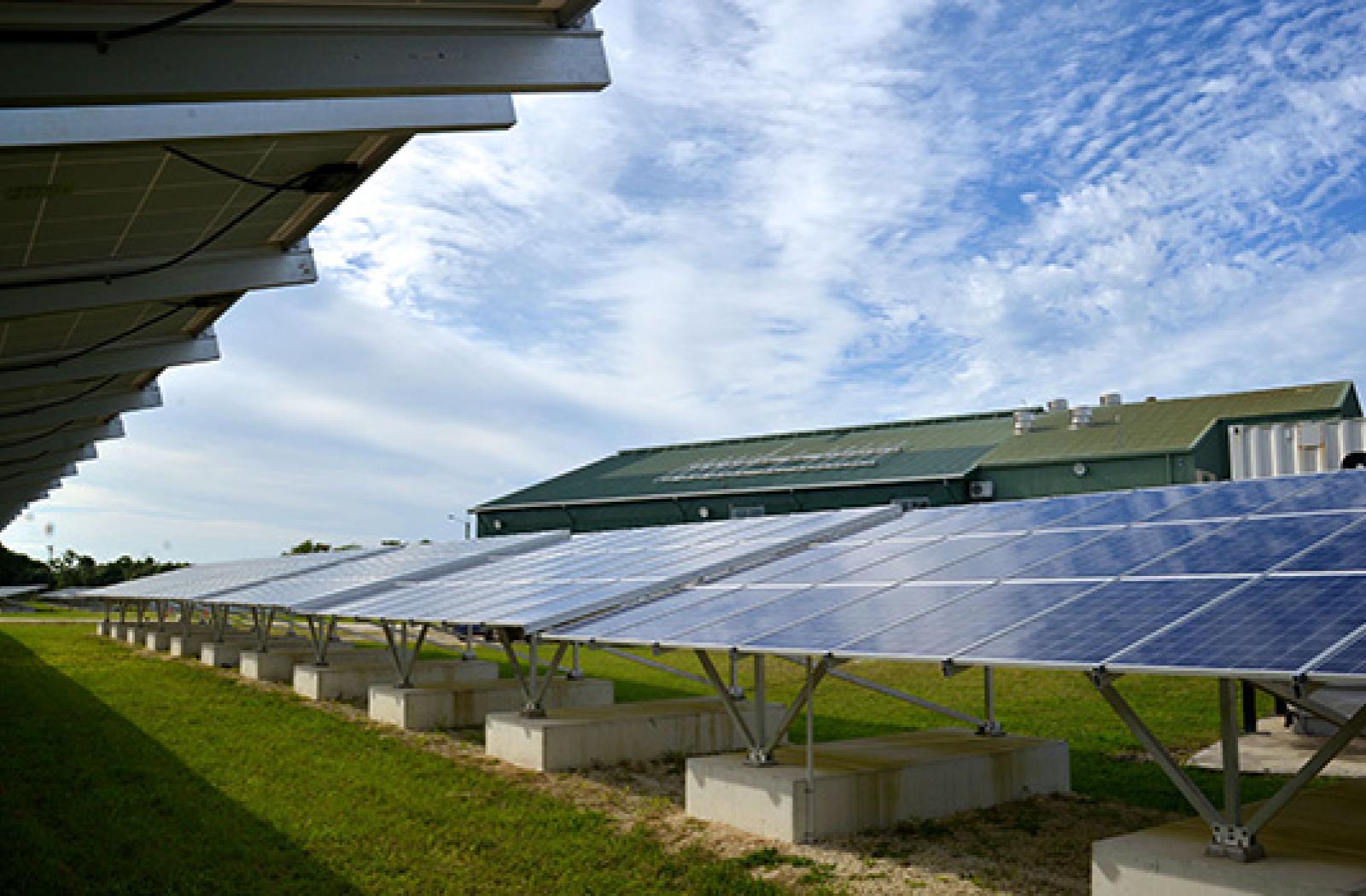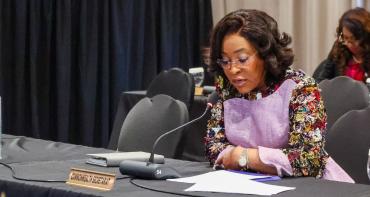The Commonwealth Secretariat in collaboration with Mayer Brown assist the reform of national energy laws with a new online tool

After a long, pandemic-induced wait, world leaders are gathering in Glasgow at COP26 to grapple with the climate crisis. There is abundant evidence that urgent action is needed to reduce energy emissions and countries need to employ all available tools to achieve this - one such tool is the law.
With this in mind, the Commonwealth Secretariat and the law firm Mayer Brown partnered to review and rebuild the Energy Module of the Law and Climate Change Toolkit, an online tool to drive the reform of national energy law frameworks.
The Toolkit is the product of a core partnership composed of the Commonwealth Secretariat, the United Nations Environment Programme (UNEP) and the United Nations Framework Convention on Climate Change (UNFCCC) Secretariat. It is an online, global resource to enable the assessment of national legal frameworks and to propose concrete steps for legislative reform. The review and rebuilding of the Energy Module was made possible by the generous financial support of the International Committee of the Red Cross.
The World Meteorological Organization’s (WMO) State of the Global Climate 2020 report found 2020 to be one of the three warmest on record, despite a cooling La Niña event. The global average temperature was about 1.2° Celsius above the pre-industrial (1850-1900) level. The six years since 2015 have been the warmest on record, with 2011-2020 the warmest decade on record. The report documents multiple deteriorating indicators of the climate system, including greenhouse gas concentrations, increasing land and ocean temperatures, sea-level rise, melting ice and glacier retreat and extreme weather.
Reform is vital
Ambitious action is urgently needed to reduce all major sources of greenhouse emissions. Of all these sources, however, one stands out for the enormity of its impact. No single sector contributes more emissions than the energy supply sector. It is the largest contributor to global greenhouse gas emissions, responsible for approximately 35% of the total. Reforming national energy law frameworks is vital for the fight against climate change.
To update the Energy Module of the Toolkit, 15 Mayer Brown team members conducted a global search for national energy legislation and then tagged the provisions of every statute according to a complex taxonomy. In total, Mayer Brown committed 342 hours of work to this immense task. The result is a comprehensive, thoroughly up-to-date and cutting-edge online tool to drive the reform of national energy law frameworks.
A resource for policymakers
The Commonwealth Secretary-General Patricia Scotland said: “We are the first generation to feel the abhorrent consequences of climate change, and probably the last to be able to do anything about it. The Law and Climate Change Toolkit is one of the ways in which the Commonwealth Secretariat, in partnership with the United Nations Environment Programme and the UNFCCC Secretariat, is helping our member states and the world to do something about climate change. Thanks to the immense efforts of our friends at Mayer Brown and others, policy-makers now have access to more energy legislation to meet their Paris Agreement targets.”
Kirsti Massie, a partner at Mayer Brown, said: “We are extremely proud to have been part of this innovative project. The Toolkit is a great resource for policymakers – the first of its kind – which will be used to assist with the advancement of climate change best practice around the world.”
Ondrej Hajda, Mayer Brown associate, said: “We were delighted to partner with the Commonwealth Secretariat on updating the Toolkit, which was an ambitious project, and we look forward to assisting with its ongoing development.”
According to WMO data, from 1970 – 2019, there were more than 11,000 reported disasters attributed to weather, climate and water-related hazards globally, with just over 2 million deaths. At COP26, the pressure is on governments and other parties to take concrete steps to reduce energy emissions. The Law and Climate Change Toolkit is one tool supporting countries to take the urgent steps necessary to protect humanity from the very real impact of climate change.
Join the Secretariat’s Climate Law and Governance Day where they will discuss the Toolkit in more detail. Register for this event here.
Download the Summary for Policymakers



